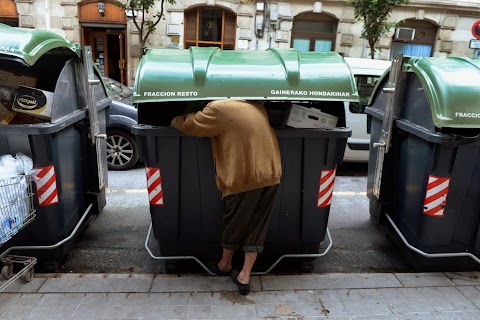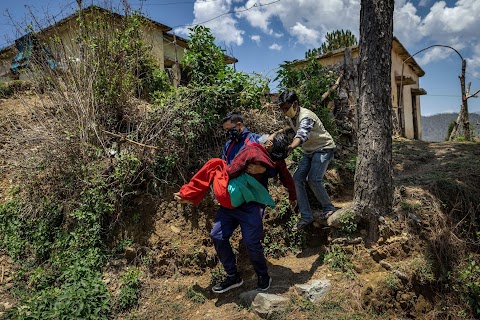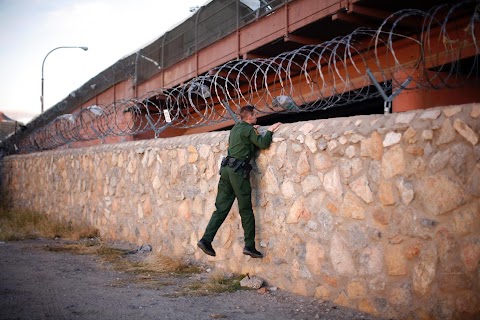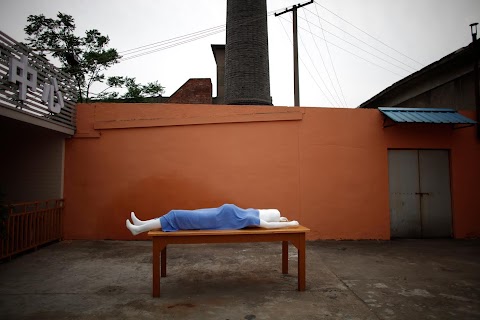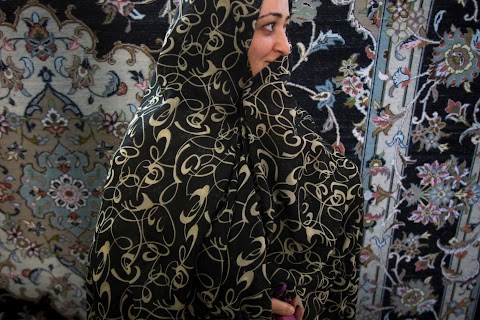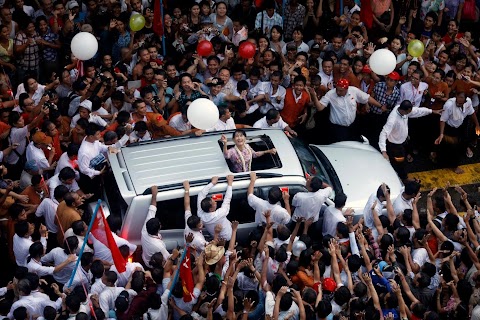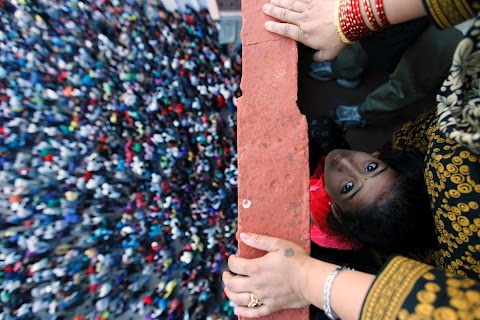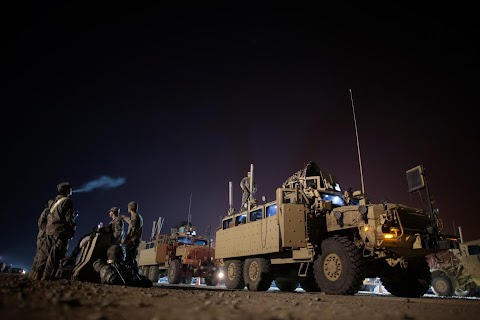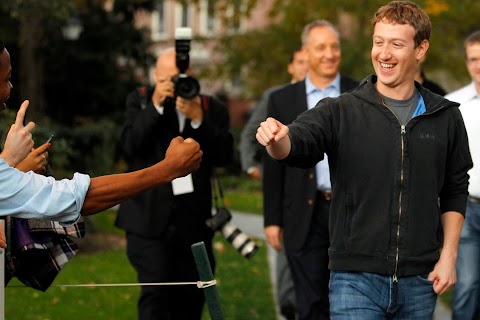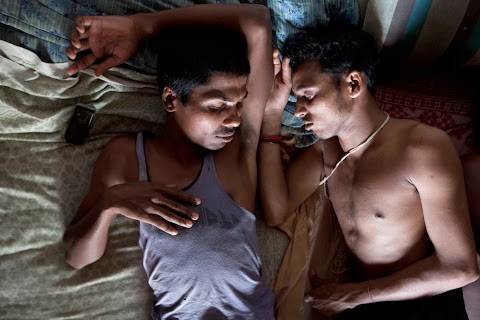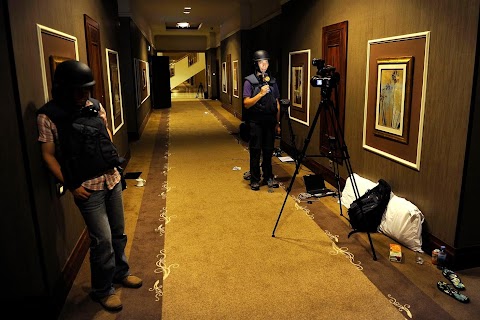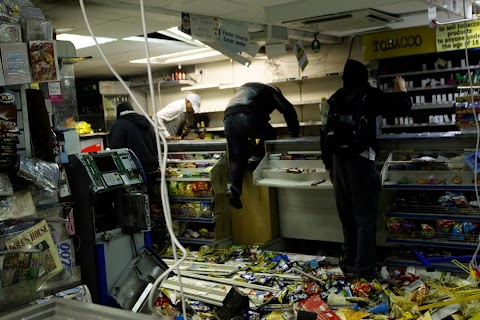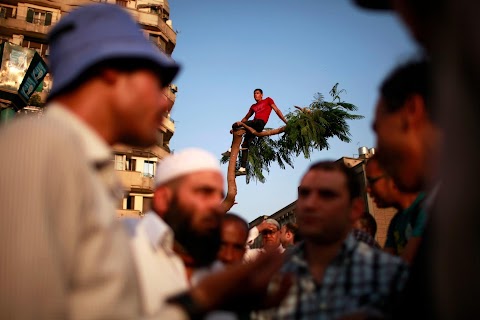
Egypt's first 'true' elections
 Suhaib Salem
Suhaib Salem
A protester sits on a tree as others argue during a protest in Tahrir square. Egypt held its first truly competitive leadership election in its history on May 23, 2012 to pick the man to replace three-decade long dictator Hosni Mubarak. On May 29, Mohamed Mursi won the presidency for the once-banned Muslim Brotherhood.
Slideshow

A voter checks her name before casting her vote during the second day of voting in Egypt's presidential election, at a polling station in Giza.

An Egyptian woman marks her vote before casting it at a polling station.

Voters cast their vote at a polling station.

Protesters take part in a demonstration at Tahrir square. Hundreds of activists gathered to demonstrate against presidential candidate Ahmed Shafik ahead of a run-off vote, saying they did not want to be ruled by another former military man.

Protesters take part in a demonstration at Tahrir square.

A protester acting as Hosni Mubarak wears a mask depicting the deposed Egyptian president during a mock trial at Tahrir square. Hundreds of activists gathered in Cairo's Tahrir Square to demonstrate against presidential candidate Ahmed Shafik ahead of a run-off vote, saying they did not want to be ruled by another former military man.

A supporter of the Muslim Brotherhood's presidential candidate Mohamed Morsi kisses a picture of him during a celebration at Tahrir square. Morsi said, after his party declared him winner that he would be a president for all Egyptians and that he would not "seek revenge or settle scores."

Supporters of the Muslim Brotherhood's presidential candidate Mohamed Morsy watch celebrations at Tahrir Square in Cairo June 18, 2012. The Muslim Brotherhood's Mohamed Morsy said on Monday after his group declared him winner in a presidential race that he would be a president for all Egyptians and said he would not "seek revenge or settle scores."

A girl stands among supporters of the Muslim Brotherhood's presidential candidate Mohamed Mursi during a rally against the military council at Tahrir square.

Protesters shout during a demonstration against presidential candidates Mohamed Mursi and Ahmed Shafiq at Tahrir Square.

Supporters of the Muslim Brotherhood's presidential candidate Mohamed Mursi celebrate in front of his picture at his headquarters. Islamist Mursi was declared Egypt's first democratic president by the state election committee, who said he had defeated former general Ahmed Shafik with 51.7 percent of the run-off vote.

People watch on television in Cairo as President Mohamed Mursi takes the oath of office in front of the Supreme Constitutional Court.
Egyptians speak about their first free leadership vote
Egyptians savoured the first opportunity to choose their leader freely on May 23, 2012 in a presidential election made possible by last year's overthrow of Hosni Mubarak.
Here are some comments from citizens as voting began:
Saad Abd Raboh, an education ministry employee in his mid-fifties voting in Alexandria:
"Our vote will make Egypt's voice in the Arab world ring loud and clear... For 30 years, Egypt's voice was muted."
Amal Khedr, an accountant in Cairo wearing a veil who said she would vote for Amr Moussa, a former foreign minister:
"He has political experience. He is the best of the worst." Khedr's friend, Hala al-Kady, jokingly blocked her ears and said she was voting for Islamist candidate Abdel Moneim Abol Fotouh.
Sahar Shehata, 28, voting for Muslim Brotherhood's Mohamed Mursi in Alexandria:
"It is important to vote for Egypt, your future and your children's future. But what is more important is that Egyptians accept the result ... and we don't descend in chaos and violence if some segments of society don't like the new president."
Housewife Samah, 48, a mother of two in Cairo who said she was voting for Mursi:
"My husband told me to vote for Mursi. He pressured me a little, to be frank, always talking about him, but I am not very well versed in politics so I trust him".
Adel Abdel-Moneim, 60, real estate manager in Cairo:
"This country has 17 million Christians. How can they implement Islamic Sharia? Amr Moussa is well respected. He is number one."
Ahmed, standing in the same Cairo voting queue as presidential candidate Amr Moussa:
"Honestly, I like the idea of standing in line with the president. I'm voting for Moussa because we need stability and a return to the standards we had before."
Alaa Abdel Hady, a 61-year-old doctor who stood nearby holding a picture of people who died in the uprising last year:
"This man was foreign minister for Mubarak. Remember why you are here. Remember the martyrs whose life was the price of your freedom."
Mahmoud Mursi, a 23-year-old street vendor in Cairo:
"Today, I swear, and no matter what, this is a historic thing to do, although I don't really know who to vote for. If I have not decided by the time I reach my polling station, I will vote for Mohamed Mursi as everyone around is urging us to."
Presidential candidate Abdel Moneim Abol Fotouh, making an impromptu address outside a Cairo polling station:
"The Egyptian people will elect a president from the revolution and not from remnants of the former regime. We trust in the judgement of the Egyptian people."
Official campaigning ended on Sunday. A woman shouts:
"This is wrong! This is publicity and is not allowed today or here."
Ahmed Shawki al-Zaytoun, 79, in Nile Delta town of Zagazig:
"I voted Amr Moussa, an expert in international affairs. He was not part of government in the period when the corruption spread, the last 10 years. The Brotherhood want control of everything. This is against democracy. If they control everything they will be a copy of Hosni Mubarak."
Antoinette, 47, voting in Alexandria:
"I am voting for Amr Moussa because the country cannot go down the path of theocracy. We need a balanced leader for all Egyptians."
Ahmed Kamal, 40, a state employee in Fayoum south of Cairo:
"We didn't know what the word elections meant in the era of Hosni Mubarak. The Islamic current is the most organised current and there will be a big chance for its candidates."
Ahmed el-Arabi, 26, voting for leftist Hamdeen Sabahy in Zagazig:
"From his university days, he has always said no to people in the wrong. He can bring the people together."
Mohammed Mustafa, 52-year-old engineer in Cairo:
"The Brotherhood are obsessed with women and Israel. The first thing they did was to change the laws to restrict women's freedoms... If the Brotherhood win we will go backwards 50 years."
Factbox by David Cutler
